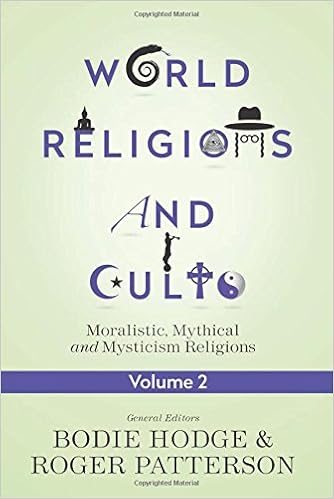Christianity
Definition
Christianity is the philosophy that claims that Jesus of Nazareth is the Son of God and Jewish Messiah (or Christ); that he was crucified, died and was buried, and rose again three days later; that his death was an atoning sacrifice for the sins of his followers; and that placing one's trust in Jesus is how any sinful person can be forgiven and made righteous before their creator.
Keywords: Christianity, Jesus, Philosophy, Messiah, Christ, God, Crucified, Sacrifice.

Gilbert Guttlebocker, Defender of Dragons
Riveting, yet absurd; romantic, yet innocent; Gilbert Guttlebocker, Defender of Dragons is a little Roald Dahl, a little Harry Potter, and a little Chronicles of Narnia, all rolled into one. Timothy McCabe collaborates with the great Benedict Ballyhoot to bring you the novel of the century!

In Printed Form
Along with numerous other authors including Don Landis, Bodie Hodge and Roger Patterson, Timothy McCabe contributes analyses of various world religions and cults in this volume from Master Books.
Other Writings
"Was Jesus crucified at the third hour? Yes: Mark 15:25 No: John 19:14-15. Which would you pick, and why?"
Here are the relevant texts (from the NASB): John 19:14 Now it was the day of preparation for the Passover; it was about the sixth hour. And he said to the Jews, "Behold, your King!" Mark 15:25 It was the third hour when they crucified Him. Sometimes, hand-written copies of the same document will not entirely agree with each other. Copies of the Bible are not immune from this. This verse in John is a case in point.
Continue reading...
"How can chaos create order? That's impossible without intelligent direction. Atheism is emotional, not intellectual."
Precisely: atheism is emotional, not intellectual. Atheism denies any rational source for our intellect, thereby denying the rationality of rationality. It prohibits any possible reason for reasoning. It necessitates an absolute rejection of justified belief and thus, a rejection of intelligence altogether.
Continue reading...
"Why doesn't prayer work, when the bible promises that it will (John 14:14, for example)?"
In John 14:14, Jesus says "If you ask Me anything in My name, I will do it." In modern western "Christian" culture, the idea of praying in Jesus' name is often understood to mean appending "...in Jesus' name" to the end of our prayers.
Continue reading...